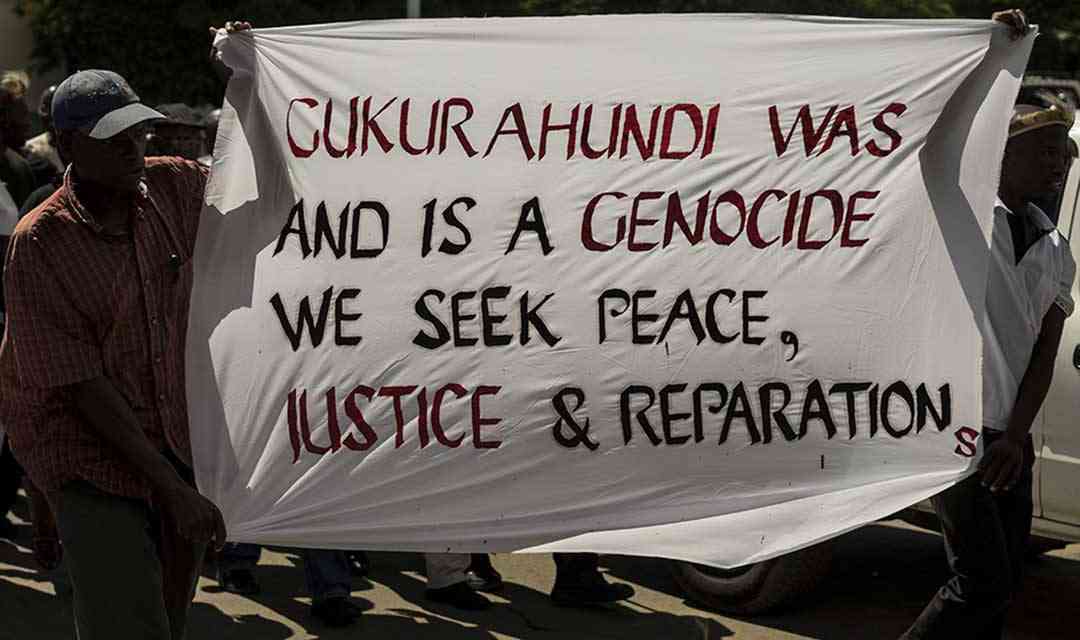
THE High Court has declared a section of the Criminal Law (Codification and Reform) Act, also known as the Patriot Act, unconstitutional.
High Court judge Justice Rodgers Manyangadze ruled in favour of the Media Alliance of Zimbabwe (MAZ) and journalist Zenzele Ndebele, arguing that some sections of the Act infringed on their constitutional rights.
They cited Justice, Legal and Parliamentary Affairs minister Ziyambi Ziyambi and Attorney-General, Virginia Mabhiza, as respondents.
The duo argued that section 22A(3) of the Act is vague and infringed on sections 61, 58, 67, 39 and 20 of the Constitution.
The sections guarantee the right to freedom of expression, association and assembly, right to vote and stand for political office, as well as provide grounds for which citizenship may be revoked.
The applicants sought the declaration of constitutional invalidity of section 22A, and impugnment of terms such as "agents, proxies or entities" of a foreign government.
They also unsuccessfully sought impugnment of terms such as "wilfully injuring the sovereignty and national interest of Zimbabwe.”
The applicants argued that the terms are not defined with sufficient clarity and are, consequently, unconstitutional.
- Fresh land invasions hit Whitecliff
- Pomona cash row escalates
- Border Timbers targets European markets
- SA name strong A side for Zim tour
Keep Reading
They submitted that “subverting, upsetting, overthrowing or overturning a constitutional government in Zimbabwe” was also not defined with sufficient clarity and, therefore, unconstitutional.
They argued that section 22A(2) is broadly worded and as such has high potential for abuse and misuse and was meant to silence dissenting voices.
They further argued that section 22A(3) is equally vague, overbroad and infringes on sections 58, 61 and 67(3)(a) of the Constitution.
Justice Manyangadze ruled that section 22A(3) was vague.
“This vagueness, imprecision or ambiguity, in my opinion, provides a reasonable basis for the constitutional invalidity of s22A(3),” the ruling read.
"A penalty of imprisonment of up to 20 years for publishing or communicating a false statement realising that there is a real risk or possibility of undermining public confidence in a security service institution is draconian.
"The application for a declaration of constitutional invalidity in respect of section 22A(3) of the Criminal Law Code be and is hereby granted and section 22A(3) of the Criminal Law Code be and is hereby declared to be constitutionally invalid as it infringes sections 39, 58, 61(1) and 67(3) of the Constitution."
The judge, however, said the applicants failed to substantiate their claims on the vagueness of other sections of the Act.
“In the circumstances, it is ordered that the application for a declaration of constitutional invalidity in respect of section 22A(2) of the Criminal Law (Codification and Reform) Act [Chapter 9:23], as amended by the Criminal Law (Codification and Reform) Amendment Act No 10 of 2023, (“the Criminal Law Code”) be and is hereby dismissed.”










